Leqvio and Repatha to spearhead lipid-modifying agents market resurgence
The lipid-modifying agents market, which had seen a dramatic decline over the past decade, is now set for a spectacular revival, driven by the innovating therapies Leqvio (inclisiran) from Novartis and Repatha (evolocumab) from Amgen. These two treatments are forecast to spreadhead the market’s resurgence, bringing it back to prominence by 2030, according to GlobalData, a leading data and analytics company.
The lipid-modifying agents market has been facing a significant downturn since 2011 due to the expiration of patents of blockbuster drugs. Among the most notable losses was Lipitor (atorvastatin) from Viatris, which accounted for a staggering $11 billion in sales in 2011, nearly 39% of the market. Following it’s loss of exclusivity, Lipitor’s sales plummeted by 56% within just a year due to intense competition from generic versions.
Eleni Tokali, Pharma Analyst at GlobalData, highlights: “The market witnessed an unprecedented contraction with the expiry of patents for major lipid-modifying agents. Lipitor’s fall from grace epitomizes this decline, marking a period where the market shrank drastically, from a robust $28 billion in 2011 to much lower figures by 2020.”
In recent years, the landscape has shifted with the introduction of Leqvio and Repatha, heralding a new era of growth and innovation in lipid management. Leqvio, approved in the US in 2021, is a novel RNA interference (RNAi) therapy targeting PCSK9, a protein crucial in cholesterol regulation. Its’ novel mechanism increases LDL receptor levels in the liver, significantly lowering LDL cholesterol.
Repatha, a human monoclonal antibody also targeting PCSK9, received approval in 2015 and has since become a cornerstone treatment for conditions like familial hypercholesterolemia (HeFH) and hyperlipidaemia.
Tokali adds: “Leqvio and Repatha represent significant advancements in lipid-modifying treatments. Their innovative approaches have not only reignited interest in the market but have provided effective options for patients unresponsive to traditional therapies like statins.”
GlobalData forecasts the lipid-modifying agents market to grow at a compound annual growth rate (CAGR) of 14.5% from a low point of $6 billion in 2020 to $23 billion in 2030. Leqvio and Repatha are set to be the primary drivers of this growth, contriuting significantly to the market’s rebound.
Leqvio is projected to achieve an extraordinary CAGR of 46.3% skyrocketing from $12 million in 2021 to $3.4 billion in 2030. Meanwhile, Repatha is forecast to grow at a CAGR of 13%, reaching $2.6 billion in 2030. The combined market share of Leqvio and Repata is expected to account for 27% of total sales in the lipid-modifying agents sector by 2030, reflecting their pivotal role in driving market expansion.
Tokali concludes: “Following a substantial 79% decline in sales over the past decade, the lipid-modifying agents market is projected to rebound impressively to $23 billion in 2030, driven by groundbreaking therapies such as Leqvio and Repatha, signalling a transformative era in cardiovascular care.”
Source: GlobalData

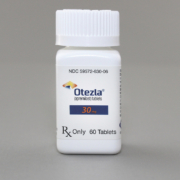

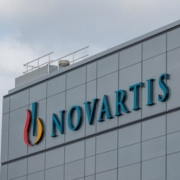
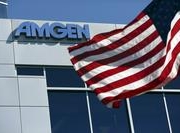
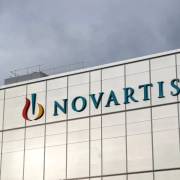 Reuters Health
Reuters Health
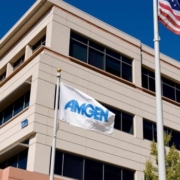

 Reuters
Reuters